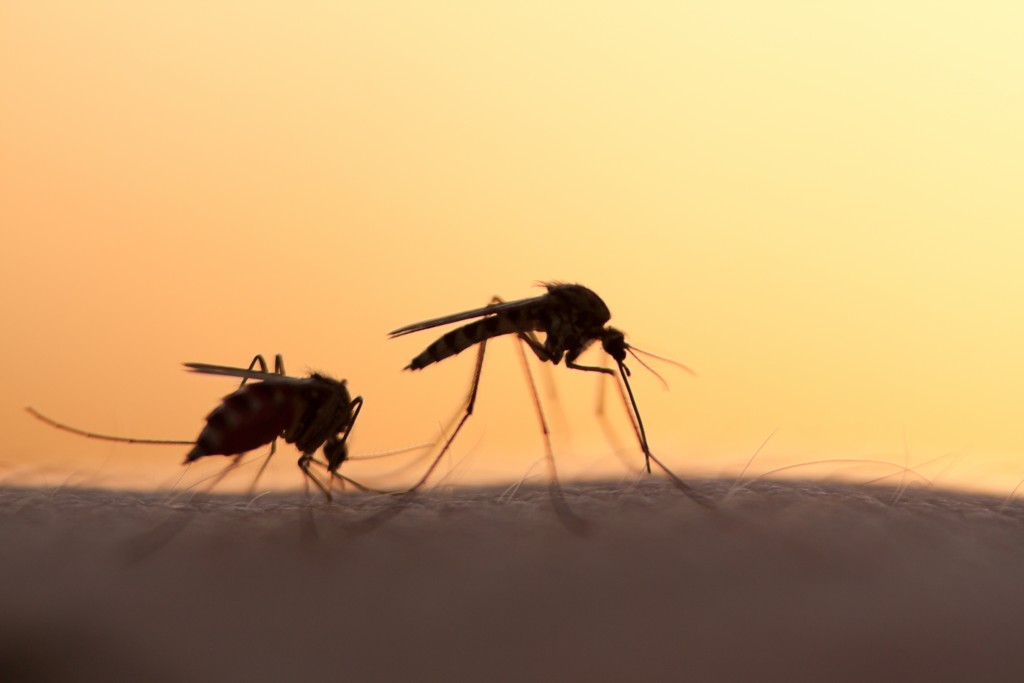Dengue Fever: How Serious Is It?

What do zombies and mosquitoes have in common? Aside from being avoided by everyone, they can transmit deadly diseases with a bite and are hungry for our blood. The good news is, zombies are fictional creatures. But mosquitoes, on the other hand, are real and so are the viruses and diseases they carry.
In the United States, dengue has been reported in 48 states from travelers coming from different countries, with outbreaks observed most recently in Hawaii and Florida.
Symptoms and Transmission
The dengue virus is a disease that has been put much attention to by the World Health Organization (WHO) in recent years, no thanks to the Aedes aegypti female mosquitoes that also spread the Zika virus and yellow fevers.
The characteristics of dengue are a high fever of 40 degrees Celsius, along with pain behind the eyes, headaches, vomiting, nausea, and rashes. These symptoms can last two to seven days after four to 10 days of being bitten by the infected mosquito. If left untreated, it can be lethal with complications of leaking plasma, fluid accumulation, bleeding, and respiratory distress.
The Aedes aegypti mosquitoes are common in suburban areas and urban habitats. They breed in containers and are more active during the daytime, unlike other types of mosquitoes. Their eggs can remain intact for more than a year and usually hatch when in contact with untreated water.
Aside from the Aedes aegypti, the Aedes albopictus is another type of dengue-carrying mosquito that has increased in North America and in Europe. The spread has likely been caused by trading tires from Asian regions, as well as the mosquitoes’ tolerance to varying temperatures.
Treatment and Prevention

At present, there is no known cure for dengue. In the severe stages, medical care, maintenance of body fluids, and increased fluid intake are critical treatment measures.
An immunization called Dengvaxia was licensed in 2015 and recommended by the WHO for areas where dengue rates have exceeded 70%. Pre-vaccination screening is being observed in some countries as part of anti-dengue drives and programs to ensure the safety of these vaccines to patients.
To prevent the transmission and spread of the dengue virus, a common practice is to control the spread and combat the Aedes aegypti and Aedes albopictus mosquitoes by:
- Eliminating surrounding mosquitoes within your area or place of residence.
- Discarding and cleaning common mosquito habitats such as untreated water in containers, plant pots, and the pool you have not been using, which may also need decontamination and new pool coating systems. Monitor containers of water daily or weekly to avoid mosquito larvae and spread.
- Preventing mosquitoes in your home by blocking forms of access, such as window and door screens
- Reaching out to communities and decision makers in extreme cases of dengue in the area.
- Applying mosquito repellants, insecticides, and coils.
The dengue fever can be an addition to your list of reasons in avoiding and killing mosquitoes, as it is an illness that can be transmitted easily, especially if you are living in a coastal state with tropical temperatures. Prevention is better than the cure, so be sure to follow all measures for keeping mosquitoes and dengue at bay for a healthier life and a safer community.




